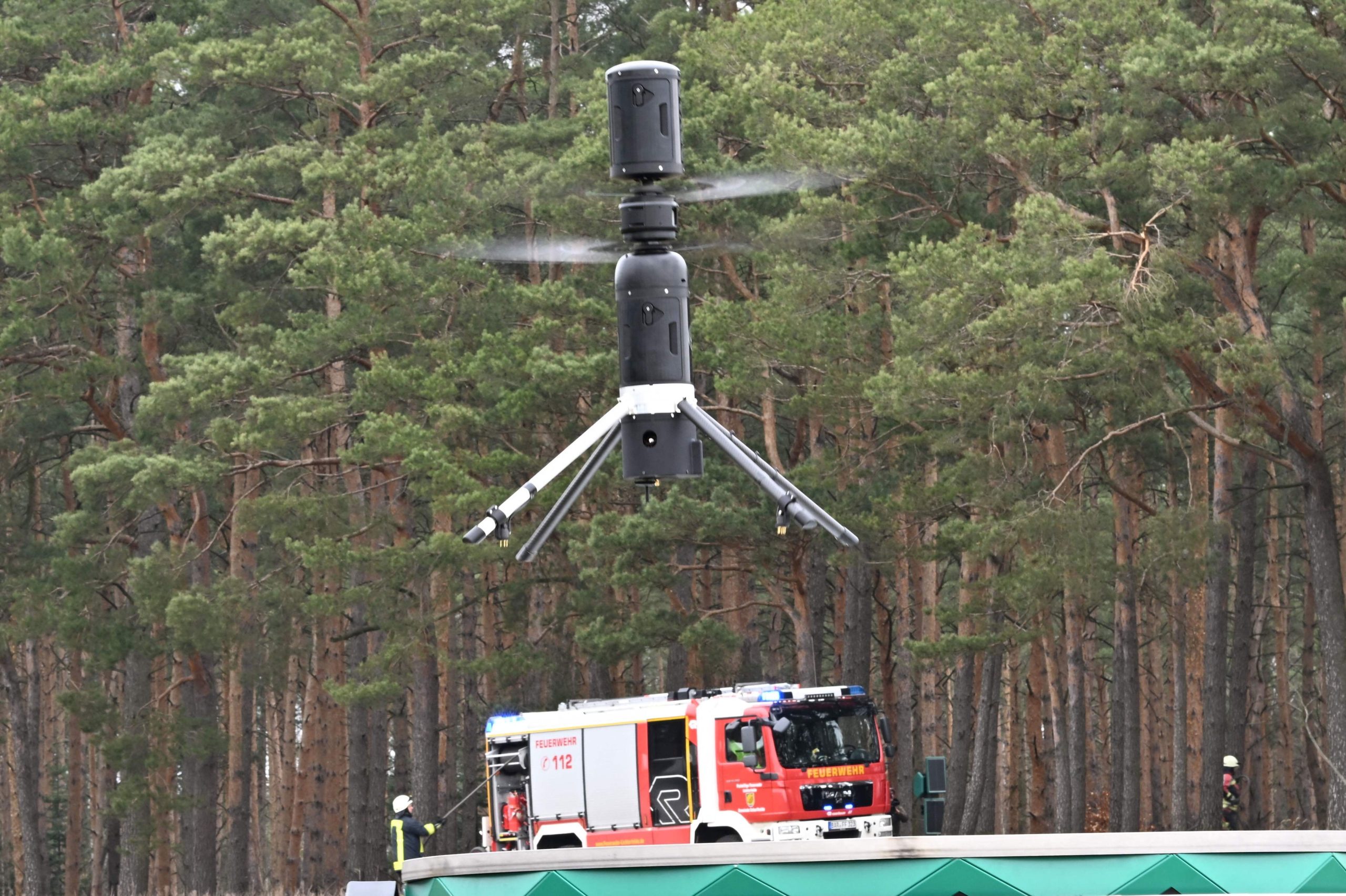At an artificial intelligence summit in Geneva, a UAE minister cautioned that militants could potentially access advanced weapons if the world does not implement necessary controls on emerging technologies. Omran Sharaf, the assistant foreign minister for advanced science and technology, emphasized the need for caution, stating that the distinction between peaceful and military applications of technology is becoming increasingly unclear.

According to MSN, Sharaf pointed out that “we have violent non-state actors owning ballistic technologies, which sometimes state actors don’t even own,” during his address at the Global Conference on AI, Security and Ethics 2025, hosted by UN disarmament officials. He highlighted the risks of advanced technologies, currently utilized by governments and companies, ultimately falling into the wrong hands.
He urged a balanced approach, acknowledging both the opportunities and the risks that new technologies present. “We shouldn’t be paranoid, we should be very smart about the way we approach it,” he said. Sharaf stressed the importance of establishing systems that ensure responsible behavior, transparency, and strict controls to mitigate risks.
The rapid growth of AI has prompted governments to navigate between leveraging its benefits and guarding against potential threats from uncontrolled technology. Concerns have emerged regarding AI’s potential use in nuclear weapons or chemical warfare, with accusations against Israel for employing AI in strikes on Gaza that resulted in civilian casualties.
Sharaf, who previously oversaw the UAE’s Mars mission, called for international cooperation on AI safety and defense concerns. He warned that a fragmented global landscape could hinder the establishment of necessary standards and ethical guidelines.
He remarked on the evolving nature of technology, stating, “In the past it was very easy for us to say this is civilian and this is military.” He noted that the current landscape has blurred those lines, making it challenging to determine ownership and control of emerging technologies.
The UAE has taken significant steps in the AI sector, appointing Omar Al Olama as the world’s first AI minister in 2017. Last year, the UAE ranked fifth among 36 countries in AI competitiveness, trailing only the US, China, the UK, and India.
In January, Abu Dhabi announced an ambitious plan to achieve a fully AI-powered government by 2027, with an investment of Dh13 billion ($3.5 billion) aimed at automating official processes and promoting cloud computing.


Leave a Reply